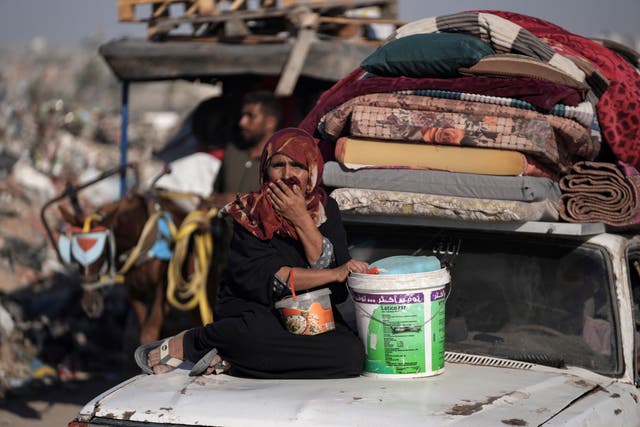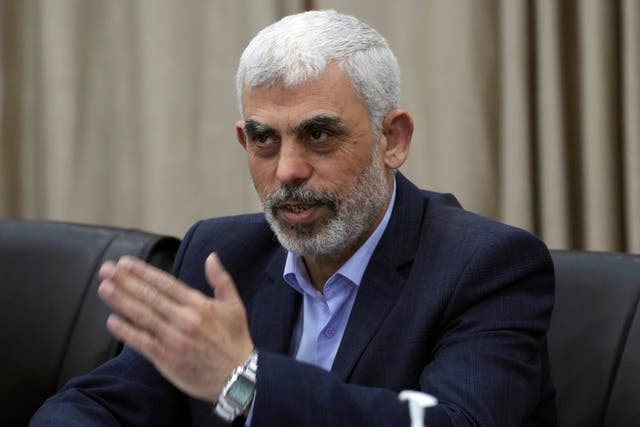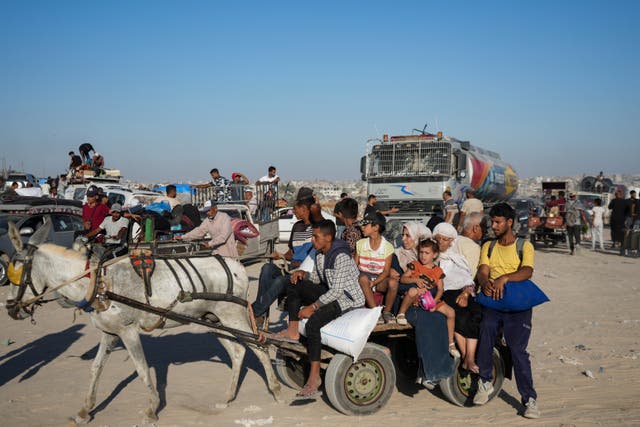Leaders of the United States, Egypt and Qatar have jointly urged Israel and Hamas to return to stalled talks on the war in Gaza next week, saying that “only the details” of carrying out a ceasefire and hostage release remain to be negotiated.
“There is no further time to waste, nor excuses from any party for further delay,” they said in a joint statement.
Israeli Prime Minister Benjamin Netanyahu’s office said: “Pursuant to the proposal by the US and the mediators, Israel will – on August 15 – send the negotiations team to a place to be determined in order to finalise the details of the implementation of the framework agreement.”
President Joe Biden, Egyptian President Abdel Fattah el-Sisi and Qatari Emir Tamim al-Thani, mediators in indirect negotiations to end 10 months of devastating war in Gaza, set the talks for August 15, to take place in either Doha, Qatar, or Cairo.

The official cited the timing of a planned swap of Palestinian detainees held by Israel, and hostages held by Hamas, as an example.
Egypt, the US and Qatar said they have a proposal ready to present at next week’s talks to resolve the remaining issues.
Critics of Mr Netanyahu accuse him of slow-rolling talks to end the war in Gaza, which began on October 7 when Hamas-led militants killed about 1,200 people in Israel.

There was no immediate response to the offer by Hamas. Last week’s killing of its top political leader in Tehran raised tensions across the region, an escalation widely seen as a blow to ceasefire talks.
The killing was widely ascribed to Israel, although Israel has not commented.
US officials have said they believe Hamas can resume negotiations despite the July 31 assassination of Ismail Haniyeh, who had been presiding over the talks for Hamas.

Meanwhile, Palestinians are fleeing large areas around Khan Younis in southern Gaza where the Israeli military began a new assault after ordering another mass evacuation.
Gaza’s second-largest city, Khan Younis, suffered widespread destruction during air and ground operations earlier in the year.
The enclave faces a severe humanitarian crisis with Israeli restrictions on aid and ongoing fighting limiting access to food, medical supplies and clean water.






